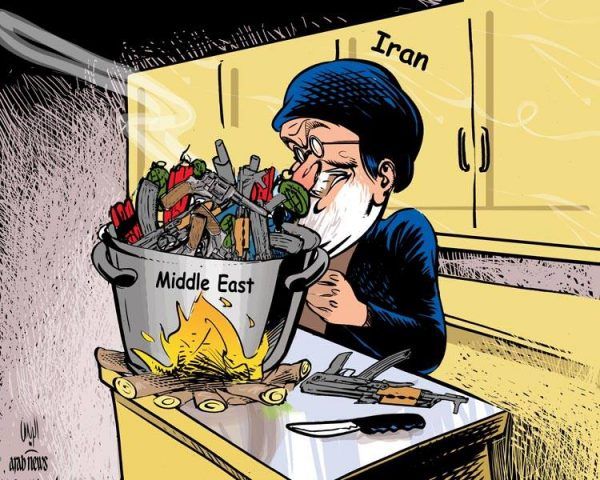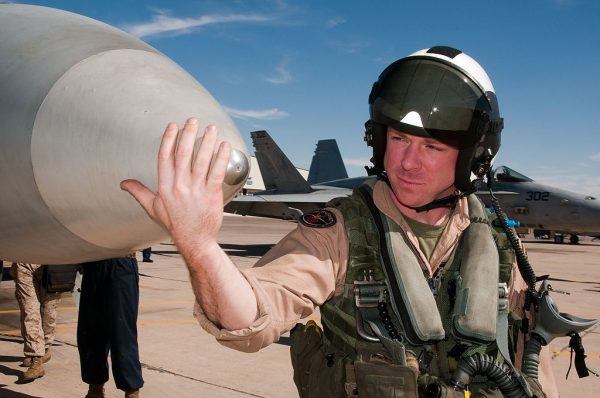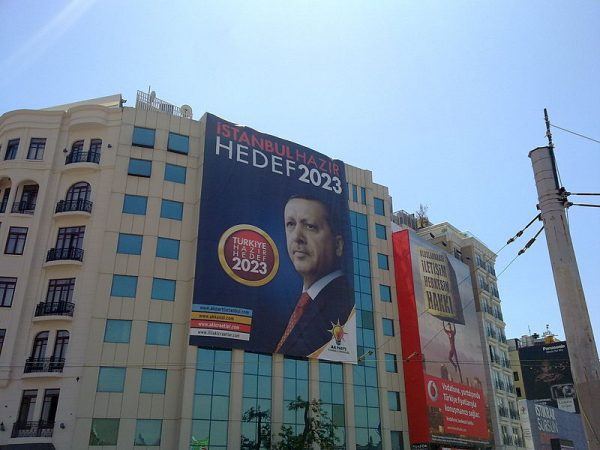The Middle East is undergoing major political shifts that come with significant opportunities as well as high risks. These changes in the Middle East are ongoing, and we don’t know how they will finally shake out, but we can see the general directions these shifts are taking. The two things that appear to be driving these changes are Iran and Syria.
Concerns about Iran’s growing influence and search for regional hegemony have propelled Israel and various Arab states, such as Saudi Arabia, the UAE, and Egypt, closer together, shifting decades of enmity and rivalry as well as putting pressure on the Palestinians to come to a peace agreement with Israel. Israel and the Arab states view each other as useful allies in their struggle to contain Iran. Israel fears Iran’s potential nuclear capability, something that endangers Israel directly and breaks Israel’s decades of military superiority.
The Arab states fear what they view as the Shia crescent, a growing arc—Iraq, Syria, Lebanon, and Yemen—of Iranian influence that has the potential of surrounding the Sunni world of the Persian or Arab gulf, depending upon your viewpoint. They fear a regionally dominant Iran—a fear resulting from centuries of religious, ethnic, and political conflict too complicated to discuss in this short piece.

If handled correctly, this growing rapprochement between Israel and the Arabs can result in a US-led alliance to counter Iran—something along the lines of, but far from identical to, NATO. This would be an alliance based on the containment of Iran, possibly even non-military efforts toward regime change, though we don’t have a good history with that. This effort will require US leadership to guide these new allies toward agreements and arrangements that benefit the US and regional partners while neutralizing Iran’s efforts at expansion. Given the gutting of the State Department and the declining role of US leadership throughout the world, it is hard to see this outcome on the horizon.
If this situation is poorly handled—if we allow Israel and Saudi Arabia’s natural aggressive tendencies toward Iran to take the lead, and if we allow a hardline view to prevail—I can see a war on the horizon. An offensive war against Iran will serve to unite the Iranian people behind the regime, the opposite of what we want to accomplish. The idea that this will be an easy war involving just an air campaign that surgically destroys Iran’s nuclear program is a fallacy. This will be an all-out war using all means of national power that might end up destabilizing the very governments (Saudi Arabia, the UAE) that we rely on in the region. Another Middle East war serves no one well.
Moving on to Syria, we are also seeing a realignment of forces. What started out for the US as a counterterrorism campaign against ISIS has become a good old-fashioned geopolitical struggle for influence wrapped in a civil war. We are now engaged in a violent competition with Russia, Iran, and Turkey for influence in the Levant. Once again Iran has played its cards well, increasing its influence in Iraq and Syria, bolstering its already sizeable influence in Lebanon, and developing a land and air corridor between itself and Hezbollah. It is now treading on Israel’s border, with violent reactions from that country.
Russia has also played its cards well, making an impressive comeback to the Middle East. It is now one of the major power brokers in Syria, if not the major power broker. Even Israel now regularly consults with Russia on regional issues—an acknowledgement of Russia’s influence on the ground. When Israel began major strikes against Syria and local Iranian forces in retaliation for a drone overflight, it was a phone call between Putin and Netanyahu that deescalated the conflict, with no seeming US involvement. While all is not perfect for Russia in Syria and it faces many obstacles to a favorable peace, it has been able to return to the regional stage as a serious player. The US has been unable or unwilling to counter Russia’s growing influence, playing defense most of the time. Our strategy appears to be solely military.

There are few opportunities for the US in this theater of conflict. We have driven ISIS underground and dismantled its caliphate but, other than that, there are few gains to be had in Syria. Assad has survived, Russia is there to stay, and our small military force is virtually surrounded by foes. There are, however, plenty of negatives here, mostly centered around the specter of war. Syria is rife for miscalculation. We have already had several incidents between US forces and those of Russia, Syria, and Iran, some violent, involving proxy elements of those countries. The chances for a direct, full-blown conflict between forces of the US and Russia or Iran are serious. We can also see pressure building within Iraq for the removal of US forces from that country, likely at the instigation of Iran, which could lead to violent action against US personnel in that nation.
Finally, we come to Turkey, possibly the most serious realignment of forces. A NATO ally, Turkey has, for want of better words, gone out of control. Led by a paranoid, egotistical despot, Turkey is attempting to recreate the bygone age of Ottoman glory. Once a staunch NATO ally eagerly seeking admission to the European community, Turkey, under Erdogan, is bent on a course that helps destabilize an already fragile region.
Turkish actions have created conflict with Europe and the US, its very own NATO allies. Tensions are rising with Greece and Egypt over natural gas rights in the eastern Mediterranean, where Turkey is aggressively pushing its perceived rights. It is in a shaky alliance with Russia and Iran in Syria, coming into opposition to US relations with the major gulf states, Saudi Arabia, and the UAE, its support to Qatar being strained, and its efforts to develop bases and commercial interests with Sudan are raising concerns among regional players. None of this is helped by Erdogan’s comments, which show a deeply paranoid and egotistical individual.

Turkey controls the straits between the Black Sea and the Mediterranean Sea, looking across the Black Sea to Russia. It shares a border with Iran, Iraq, and Syria and is NATO’s second largest army. Clearly it is a key strategic partner, yet it has taken a series of positions that put it in direct confrontation with US and NATO interests. We need Turkey as an ally, but it is increasingly looking as if this is impossible as long as Erdogan remains in power. We should follow a two-pronged approach to Turkey, working toward one goal while preparing for another outcome. We need closer engagement with Turkey to keep it as a NATO ally, trying to meet its reasonable aspirations and moderating its more unreasonable demands. We must also plan for “losing” Turkey—losing it as a trustworthy ally and watching it become a regional competitor, which is a course Erdogan has set his country on.
All these shifts in influence, power, and alliances are fraught with peril; a misstep can lead to a fresh war in an already war-torn Middle East. This is no longer a counterterrorism issue but a power struggle between regional powers and the US and Russia. The US needs to be actively engaged in managing the events. We cannot stop these changes and we cannot fully control them, but we can try to manage them so that some of the outcomes lead to positive results. We need to understand that all these events are interconnected—something we never seem to be good at. If we push in one area there will be a reaction in another. Look no further than our support for the Kurds in Syria, which partly led to Turkish intervention.
The US should pursue a containment policy toward Iran through a series of alliances. This policy should rely on diplomacy and economics, not direct US military intervention. We need to develop an actual policy toward Syria that is not based on counterterrorism. What US national interests are impacted by Syria? What outcomes do we want? Does Assad stay, or does he go? Leaving a few thousand US troops in Syria to keep an eye on things is not a policy, it is a recipe for disaster.
















